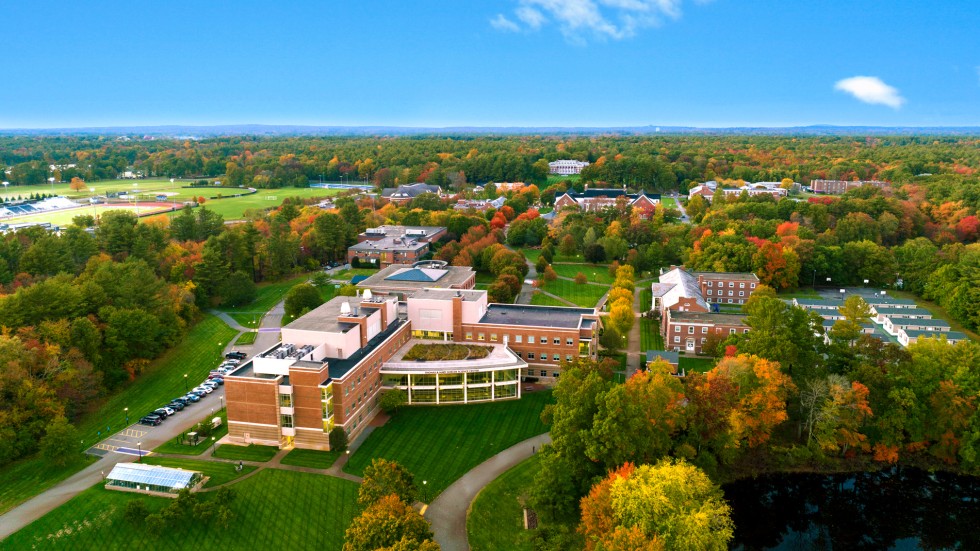2015-2016 HillBook (Class of 2019) [ARCHIVED HILL BOOK]
History
|
|
 Return to: Programs of Study Return to: Programs of Study
Faculty:
Department Chairperson:
Kevin Spicer, C.S.C.
Office: Duffy Academic Center 252
Phone: 508-565-1090
kspicer@stonehill.edu
Professors:
T. Clarke
S. Maddock
J. Rodrigue
K. Spicer, C.S.C.
J. Wadsworth (Sabbatical, Fall 2015)
Associate Professors:
L. Brekke-Aloise
T. Gernes
A. Houston
E. McCarron
K. Teoh
Assistant Professors:
D. Sander
The Department offers a major and minor in History.
Departmental Mission
The study of history is an essential element in the human experience and plays an integral role in the liberal arts tradition at Stonehill College. Through a series of introductory and advanced courses, History majors explore the breadth of the human past, the forces of change, and the historical skills that help us to interpret our tradition. Students focus both on the decisive events that have shaped our world, such as the American Revolution and the First World War, and on the specifics of everyday life in Pre-Columbian Mexico or the Byzantine Empire. To this end, History students gain a broad perspective that equips them to understand their own cultural heritage and develop an informed perspective on other historical traditions and values.
The History Department seeks to provide its students with the tools to read critically, to conduct research effectively, and to write and communicate convincingly. These skills provide the foundation for a variety of professions and careers: law, journalism, business, foreign service, education, museums and public history.
Learning Outcomes
Majors in History will:
- Analyze, evaluate and contextualize different types of primary sources and engage in historical research which synthesizes/integrates a variety of sources.
- Evaluate secondary sources and demonstrate a familiarity with problems of historical interpretation, knowledge of the “schools” of historical analysis and an awareness of the historiographical nature of secondary sources.
- Demonstrate the ability to formulate a historical question and develop skills and knowledge to find resources to answer that question. Able to locate and access historical information through traditional and new technology sources including electronic databases, online secondary sources and e-texts. Discriminate among sources and develop protocols of utility and relevance.
- Develop critical reading, writing, and oral communication skills.
ProgramsMajorMinor
 Return to: Programs of Study Return to: Programs of Study
|
